2023 Education Impact Project 3 (EIP3)
PI, Faculty Mentor: Zumrad Kataeva, Assistant Professor, NU GSE
RA: Ayaulym Dyussembekova & Diana Kalemenova
- How do orientation programs influence the academic performance and university experience of first-year students?
- What are the varied impacts of different types of orientation programs on student engagement, sense of belonging, and social integration on campus?
- What role do faculty and staff play in orientation programs, and how does their participation influence student outcomes like academic performance and engagement?
- How can orientation programs be replicated in other Higher Education Institutions (HEIs), and what challenges and opportunities need to be considered in the process?
The research findings could elucidate how orientation programs contribute to students' academic and social accomplishments, as well as their engagement in studies. This could increase awareness regarding the significance of orientation programs and support other universities in Kazakhstan in adopting this practice. The project's findings will be presented as staff training at three higher education institutions in the South Kazakhstan region.
The study found that orientation programs serve as a platform for fostering diverse social engagement and facilitating social connections, both of which contribute significantly to students' overall sense of belonging on campus. The involvement of second-year students adds a peer-to-peer dimension to this sense of belonging. Moreover, the results indicate a potential link between orientation programs and academic success by creating a supportive and conducive environment for learning. These findings underscore the crucial role of orientation programs in enriching students' overall university experience by addressing their social, emotional, and potentially academic needs. Furthermore, the involvement of academic advisors, student services departments, faculty-student relationships, approachability, and the overall impression of the university all play pivotal roles in shaping students' experiences and success.
After completing the induction-week guideline manual in English, Russian, and Kazakh languages, the research team conducted orientation training at De Montfort University, Suleyman Demirel University, and Almaty Management University. A manuscript detailing the project was submitted to the research journal of Al Farabi Kazakh National University in January of 2024.
Joined by their faculty mentor, Dr. Zumrad Kataeva, they conducted a webinar on their research titled "The Impact of Orientation Programs on First-Year Students’ Academic Performances.” They discussed about how different types of orientation programs impact student engagement, sense of belonging and social integration on campus. Orientation programs are a relatively new concept on higher education campuses in Kazakhstan, but their study suggests a strong connection between an overall positive university experience and induction.
Merey Tursynbayeva

